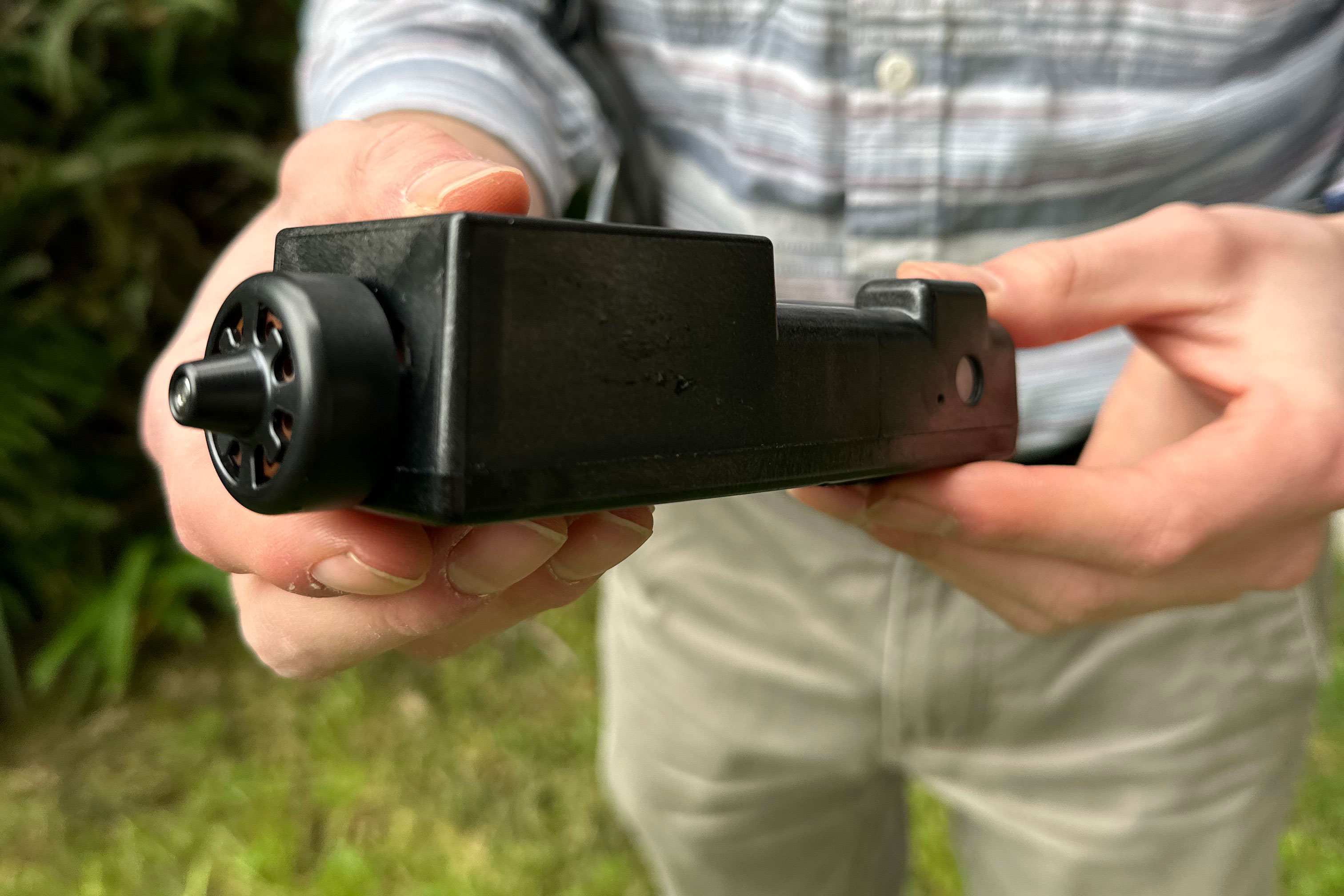Women Bone Health: 7 Alarming Facts That Females Should Consider For Stronger Bones

Our bones support us and allow us to move. They protect our brain, heart, and other organs from injury. Our bones also store minerals such as calcium and phosphorous, which help keep our bones strong, and release them into the body when we need them for other uses. There are many things we can do to keep our bones healthy and strong. Eating foods rich in calcium and vitamin D, getting plenty of exercises, and having good health habits help keep our bones healthy.
7 Alarming FACTS That Women Should Consider For Stronger
Bones:
- Bone density decreases with age: Women typically experience a decline in bone density after menopause. This is due to a decrease in the hormone estrogen, which helps maintain bone mass. As a result, the bones may become more susceptible to fractures and other injuries.
- Calcium and vitamin D are essential for bone health: Adequate calcium and vitamin D intake are important for maintaining strong bones. While calcium is a major component of bone tissue, Vitamin D helps the the body absorbs the calcium from food.
- Weight-bearing exercise is important: Exercise that puts stress on the bones, such as walking, running, jogging, dancing, hiking, stair climbing, or weightlifting can help build and maintain bone density. It is highly recommended that women engage in weight-bearing exercise for at
least 30 minutes a day, at least four to five times a week, to
promote bone health and overall fitness. - Smoking and excessive alcohol consumption can harm bones: It’s no surprise that smoking and excessive alcohol consumption can weaken bones and increase the risk of osteoporosis. Women with osteoporosis are at increased risk of fractures, which can lead to pain, disability, and reduced quality of life.
- Certain medications can affect bone health: Some medications, such as corticosteroids, can weaken bones and increase the risk of osteoporosis. Another medicine is anticonvulsants, which are used to treat seizures. Unfortunately, they can also interfere with the body’s ability to absorb calcium, leading to a higher risk of bone loss and fractures.
- Family history of osteoporosis is a risk factor: Women with a family history of osteoporosis are at a higher risk of developing the condition themselves. This is down to several factors which may include hormonal changes during menopause, the presence of smaller bones as compared to men, and even longer life expectancy.
- Regular bone density tests are important: Women should discuss the need for regular bone density tests with their doctors, especially as they age. Firstly, they help in assessing the risk of osteoporosis, while also monitoring bone health over periods. The test becomes the basis for taking treatments to prevent further bone loss and reduce fractures.
Staff Writer





